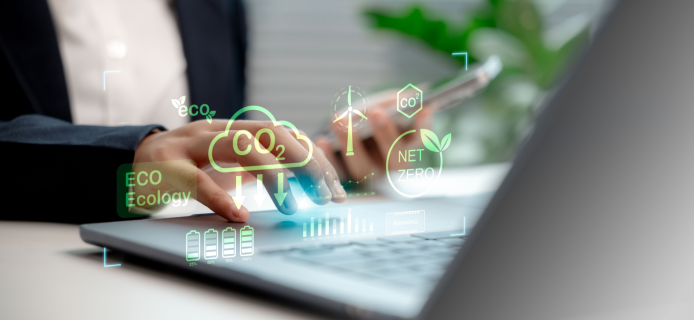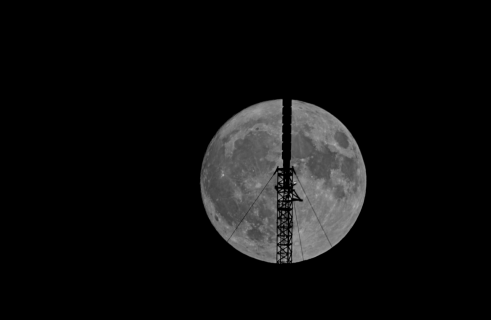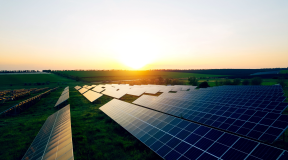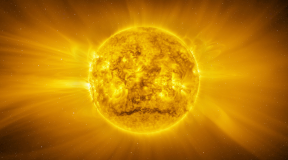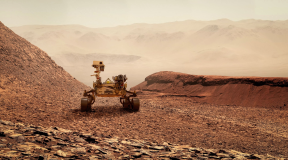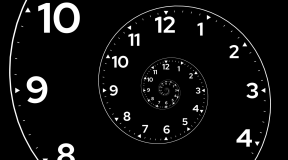-
en

Science & Education
Fundamental and applied research continues to receive huge funding today, remaining a major driver of progress. In this section we write about cutting-edge scientific achievements (including independent ones) and educational opportunities available to forward-looking people. Who does what and where, what grants are awarded and who gets them, what to expect from the discoveries at the interface of various scientific disciplines and where one can learn things that are going to spread a year, five or ten years from now. You will find all about it here.
Top of the Most Amusing Scientific Theories That Scientists Believe In
Private Space Stations: What the Orbital Economy Looks Like in 2025
Clean Energy 2030: How Innovation Is Making the Planet Sustainable
Climate Under Control: How AI Predicts the Weather
NASA Develops AI Model to Predict Solar Storms
NASA Announces Manned Mission to Mars
Scientists Discover Mathematical Pattern Behind Earth’s Catastrophic Events
Scientists Discover Traces of Ancient Cosmic Collisions Deep Within Mars
Solar Storms: How Solar Activity Impacts Earth and Space – And What to Do?
Three Dimensions of Time: Does a New Theory Overturn Our Understanding of the Universe?
Space Calls: Humanity’s Daring Plans for Space Exploration up to 2050
First Images from the Vera Rubin Telescope Released

